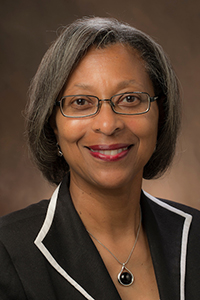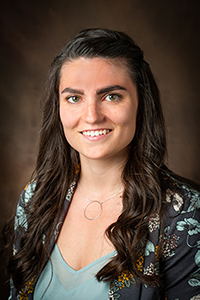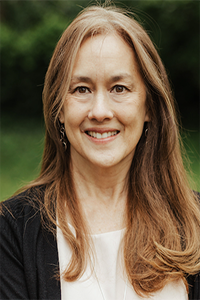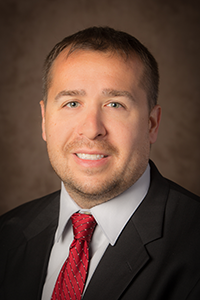Susan Mosley-Howard, Ph.D.

Dean and Professor Emeritus, Miami University
mosleygs
Language and culture maintenance is one of many crucial issues facing tribal nations today. The Miami Tribe of Oklahoma has undertaken revitalization efforts since 1996 by developing a wide range of community based educational initiatives including support for the development of the Myaamia Center at Miami University to assist in tribal education.
A strategic goal of this revitalization movement, referred to as the Myaamiaki Eemamwiciki ‘the Miami Awaken’ is to strengthen the kinship connections of Myaamia citizens of all ages through a shared value and knowledge system rooted in Myaamia language and culture. It is understood that Myaamia Language use and cultural practices are the most efficient and effective means of transferring myaamia nipwaayoni iišinaakosioni ‘myaamia ways of knowing and being’.
The purpose of the Office of Assessment and Evaluation (OAE), created in 2012, is to observe, interpret, and document the impact of these experiences among tribal citizens, especially the youth, who enter this learning environment. The NAAT is a specialized interdisciplinary team charged with developing assessment instruments that deepen our understanding of the community impact of language and cultural education.
Academic success for under-represented students is tied to many factors including
Historically, college graduation rates of Native American students have been lower than their white-American counterparts.
In 1991, three Myaamia students enrolled at Miami University thanks to a tuition waiver for Myaamia students. However, those students weren't engaging with their Myaamia culture or community on campus.
This changed in 2003 with the introduction of the Myaamia Heritage Program, which introduced on-campus support for Myaamia students attending Miami University and required these students to meet for a weekly class on Myaamia language and culture. After the launch of this program, the graduation rate began to climb.
It may be surprising that students' ACT scores coming into the program had no relation to graduation rates!
What factors are impacting the academic success of Myaamia students?
In short, this research suggests that Myaamia students who feel connected and supported within their culture and community are more likely to experience success at Miami University.
Haley Shea, Ph.D., Myaamia Research Associate
Susan Mosley-Howard, Ph.D., Dean and Professor Emeritus, Miami University
Tracy Hirata-Edds, Ph.D., Language Assessment Coordinator
Paul Branscum, Ph.D., Professor, Kinesiology, Nutrition, and Health
Tracy Hirata-Edds, Ph.D., Language Assessment Coordinator
Shea, H., Mosley-Howard, G. S., Baldwin, D., Ironstrack, G., Rousmaniere, K., & Schroer, J. E. 2019. Cultural Revitalization as a Restorative Process to Combat Racial and Cultural Trauma and Promote Living Well. Cultural Diversity and Ethnic Minority Psychology. Advance online publication.
Mosley-Howard, G. Susan, Daryl Baldwin, George Ironstrack, Kate Rousmaniere, Bobbe Burke. 2016. Niila Myaamia (I Am Miami): Identity and Retention of Miami Tribe College Students, In: Journal of College Student Retention: Research, Theory & Practice. February 2016 vol. 17 no. 4 437-461. Sage Publication, Inc. (doi:10.1177/1521025115579249)

Dean and Professor Emeritus, Miami University
mosleygs

Myaamia Research Associate and Visiting Assistant Professor, Department of Educational Psychology, Miami University
strassha

Multi-term Lecturer, University of Kansas, Myaamia Research Associate, Miami University
hiratate@miamioh.edu

Professor, Kinesiology, Nutrition, and Health
branscpw@miamioh.edu
501 E. High Street
Oxford, OH 45056
1601 University Blvd.
Hamilton, OH 45011
4200 N. University Blvd.
Middletown, OH 45042
7847 VOA Park Dr.
(Corner of VOA Park Dr. and Cox Rd.)
West Chester, OH 45069
Chateau de Differdange
1, Impasse du Chateau, L-4524 Differdange
Grand Duchy of Luxembourg
217-222 MacMillan Hall
501 E. Spring St.
Oxford, OH 45056, USA
Mosler Hall 316
1601 University Blvd.
Hamilton, OH 45011